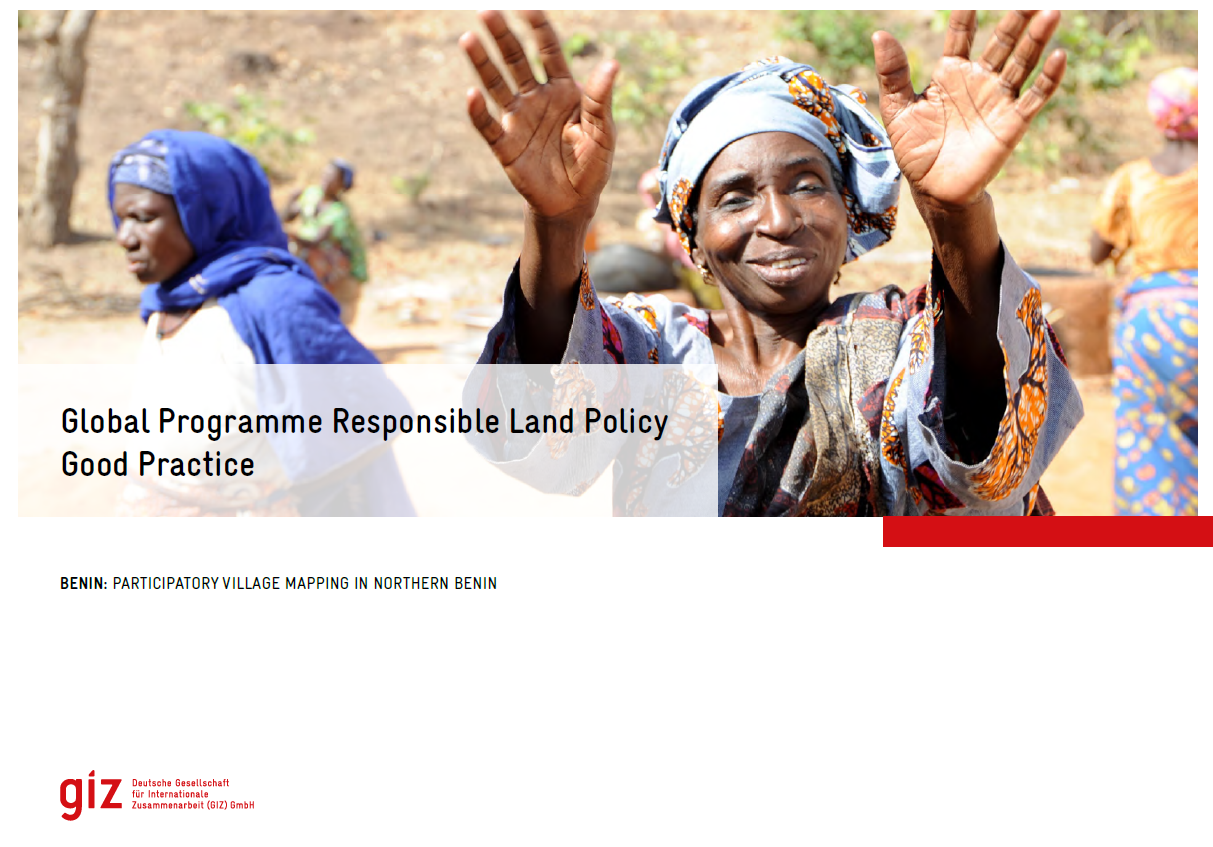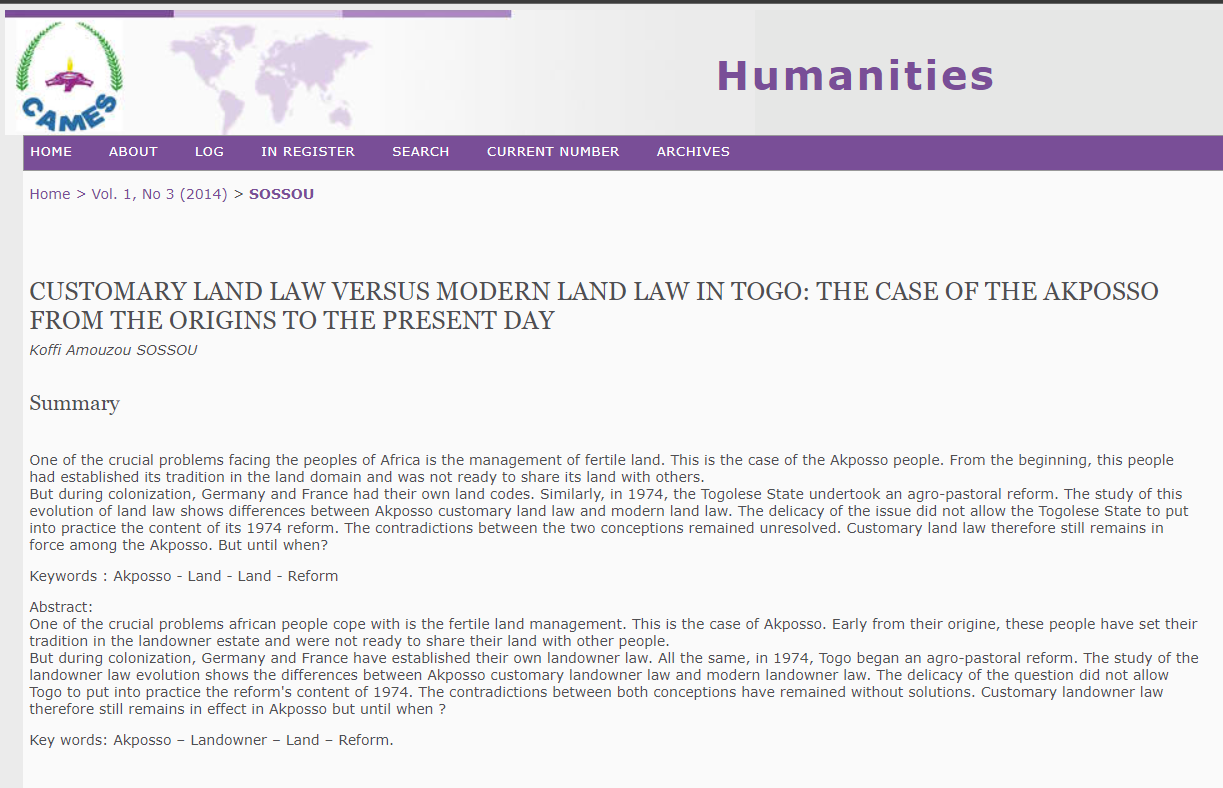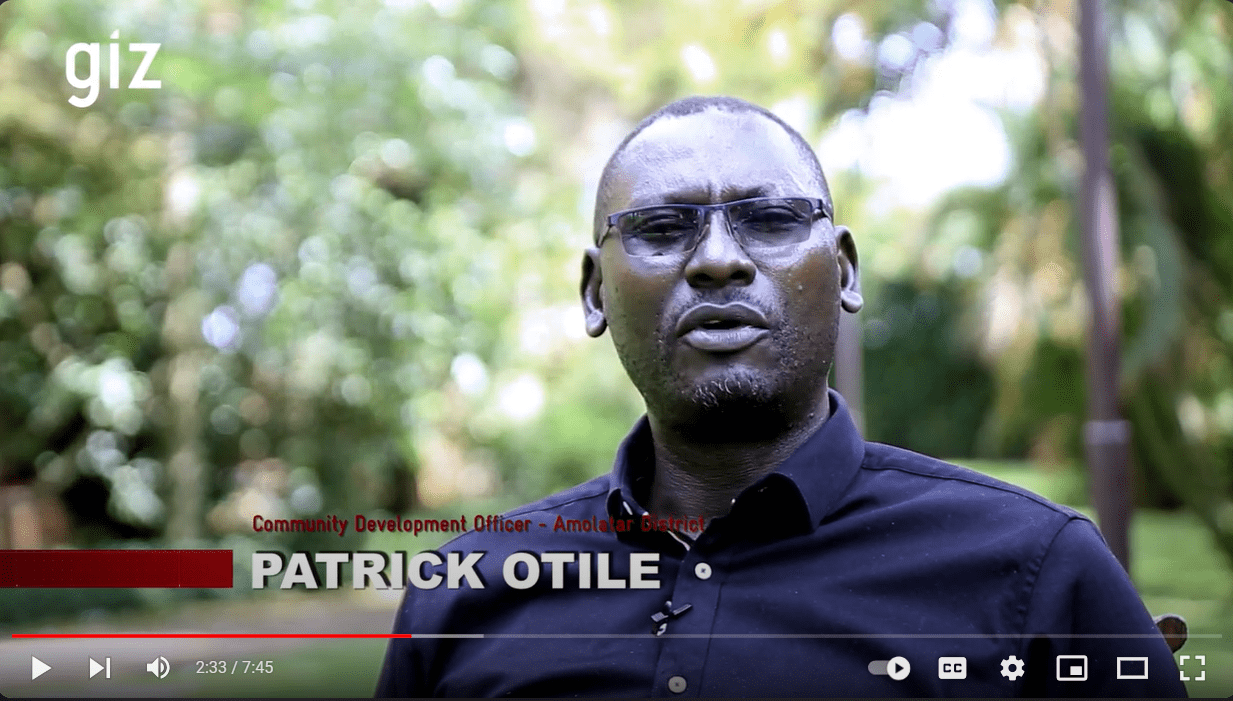How to Identify and Shift Harmful Gender Norms in the Context of Land and Natural Resources
USAID programs and Missions implement activities that improve land rights, support inclusive land and resource governance, build resilient livelihoods, and promote women’s empowerment. This brief explores the relationship between gender norms and women’s land rights, introducing key social norms concepts and tools to identify and shift harmful norms in the context of land and natural resources.











